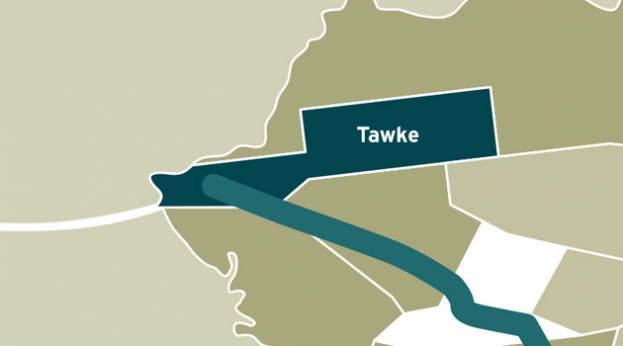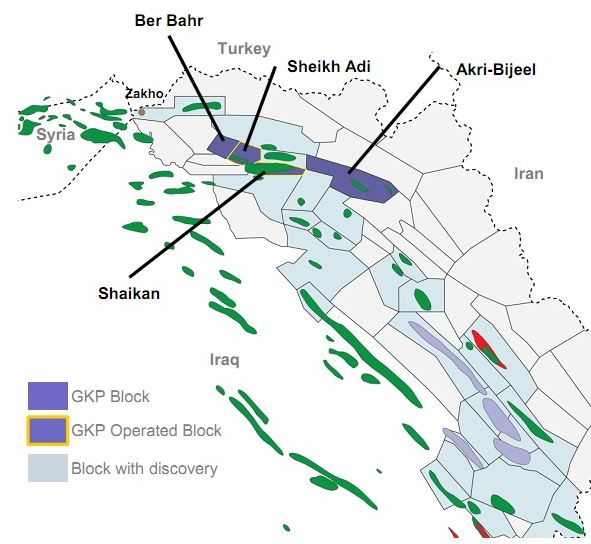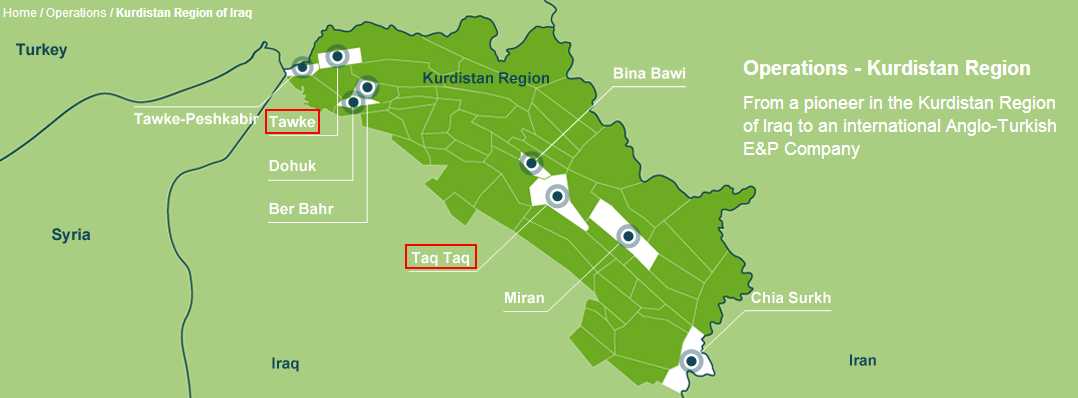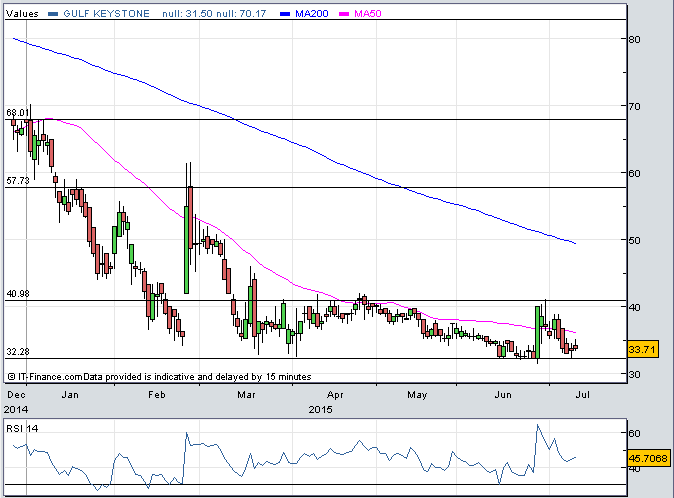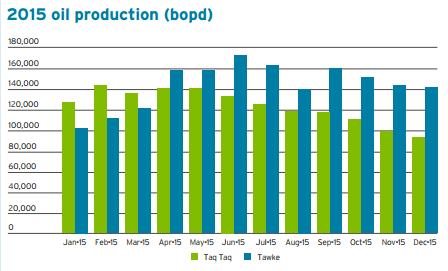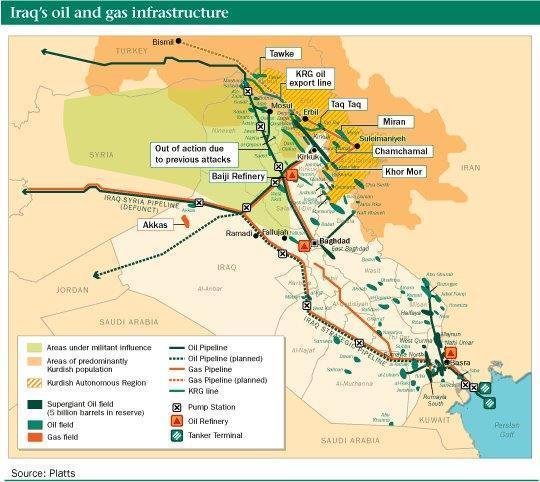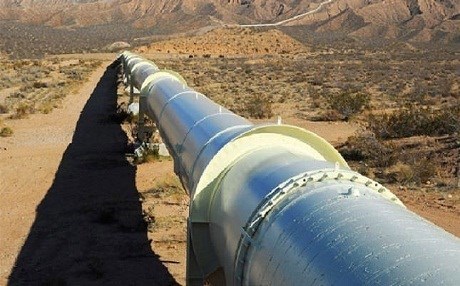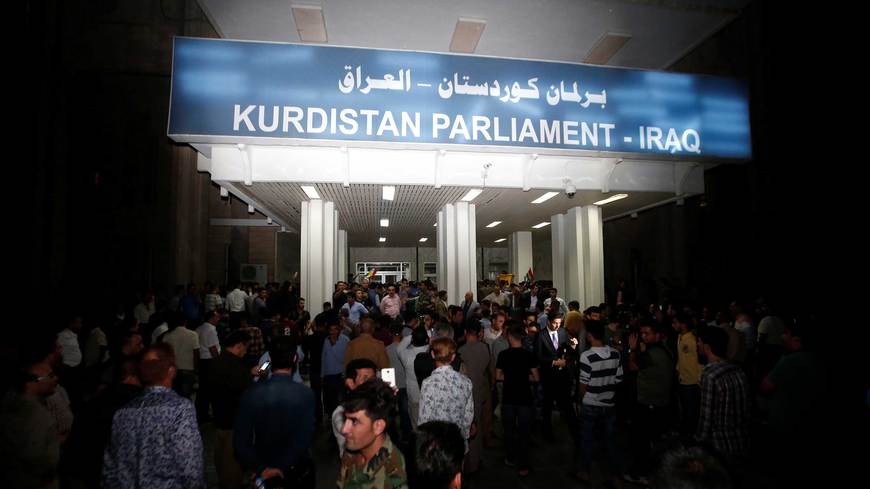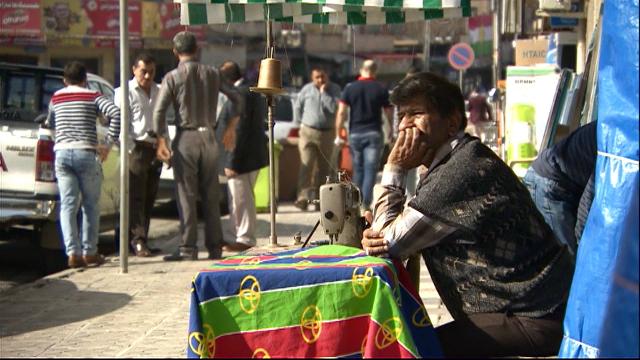By Omar Sattar for Al Monitor. Any opinions expressed here are those of the author and do not necessarily reflect the views of Iraq Business News.
The first draft of Iraq’s federal budget for 2018, approved by the government at the start of the month, envisions slashing the Kurdish region’s share from 17% to 12.7% of the total.
The cut is one of several “punitive” constitutional measures that followed the Sept. 25 Kurdish referendum on independence. Those measures also saw Baghdad seize control of disputed areas, border crossings and air bases, and demand that the Kurdistan Regional Government (KRG) transfer taxes and other public revenues to the central government.
This is the first time that the KRG’s share of the budget has been subject to review since 2005, when the government of then interim Prime Minister Ayad Allawi allocated 17% to the Kurdish region, despite the fact there has not been an official census in Iraq since 1997.
“There have been no negotiations so far with Baghdad on the budget or other pending issues, despite the KRG’s desire for talks,” said parliament member Najiba Najib of the Kurdistan Alliance. “The central government is still refusing to receive the Kurdish delegation.”
“Iraq still doesn’t currently have official statistics,” she added. “Even data from the Ministry of Trade is inaccurate. It’s not reasonable to believe that the population of the Kurdish region has stayed at just 5 million, as the United Nations said in 2003 when it recommended the KRG receive 13% of the national budget.”
She said the central government has felt “arrogant and powerful” since it regained control of Kirkuk.

